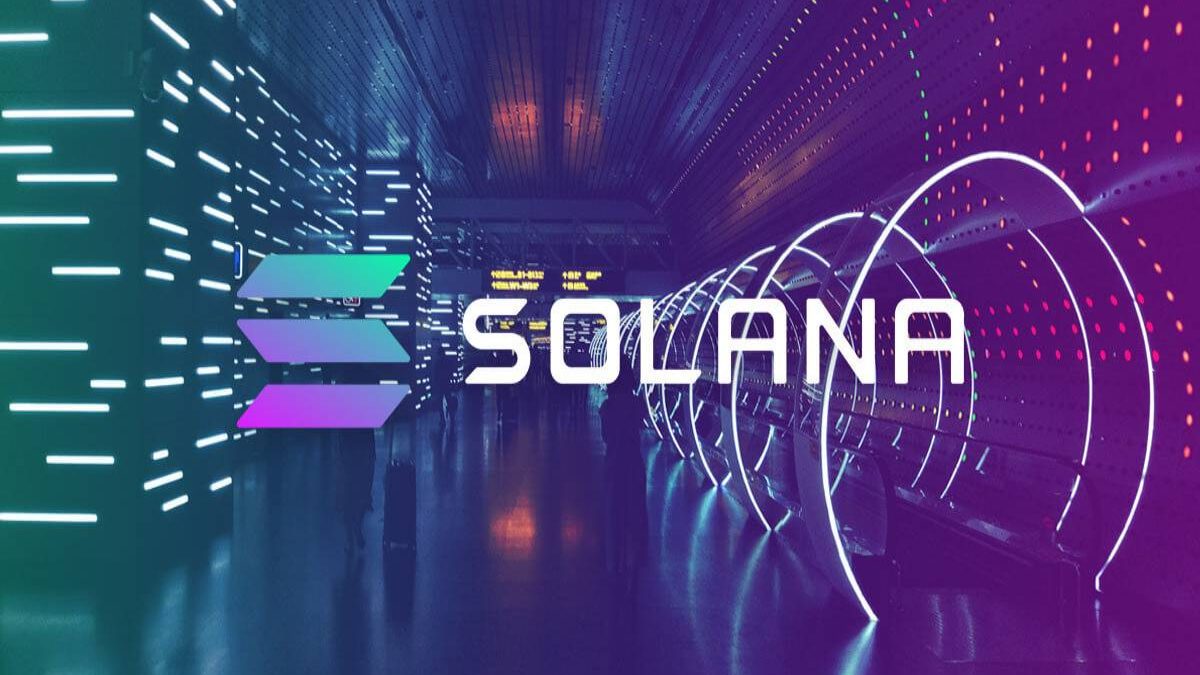Table of Contents
Introduction
Solana is the fourth-generation blockchain and cryptocurrency that leverages open infrastructure to provide greater scalability. And also, the network introduces various new and unique technologies that provide users with unmatched transaction speeds and enterprise-level security.
It consequently, the network saw considerable growth since its introduction in 2017.
The Solana protocol is designed to simplify the making of decentralized applications (DApps). It aims to improve scalability by introducing Proof of History (PoH) consensus and the blockchain’s underlying Proof of Stake (PoS) consensus.
Due to its innovative hybrid consensus model, Solana interests both small and institutional traders. A significant attention of the Solana Foundation is to kind decentralized finance widely accessible.
In addition, read more helpful resources at novoline online casino echtgeld
Who Are the Founders of Solana?
Anatoly Yakovenko is the leading man behind Solana. His professional career began at Qualcomm, where he quickly rose through the ranks and became a senior manager of staff engineers in 2015. Later, his career path changed, and Yakovenko entered a new software engineer position at Dropbox.
In 2017, Yakovenko began working on a plan that would later be released as Solana. He teamed up with his Qualcomm assistant Greg Fitzgerald, and they established a project called Solana Labs. The [Solana] protocol and SOL token were accessible to the public in 2020, attracting several former Qualcomm colleagues.
How Does Solana (SOL) Work?
For it accomplishes all of its goals. The developers to think outside of the box. As such, the network pack with the proprietary systems.
These systems work in tandem it creates a beneficial and reliable blockchain network.
1. Consensus Mechanism
It is the Delegated-Proof-of-Stake (PoS) network. And DPoS networks differ from PoS networks in a couple of ways.
The more SOL we hold, the higher the chances we get chosen as the validator. And its strategy ensures that only those vested in the network take this position.
And, validators earn rewards when they approve transactions and add them to the blockchain.
Also , those who are not validators can still secure also, some easy profits by delegating their holdings to one of the Validators.
The system allows everyone to participate in securing the network and allows the users to decide what nodes deserve to validate transactions.
2. Proof of History (POH)
Firstly the POH mechanism serves the vital role in the Solana ecosystem. And protocol increases the efficiency of the blockchain by integrating timestamps in every transaction approval.
Secondly these timestamps enable nodes the establish the sequence of events.
Lastly in this way, the system serves as the cryptographic clock for the network.
What makes Solana unique?
One of the essential innovations that Solana takes to the table is the proof-of-history (PoH) consensus developed through Anatoly Yakovenko. This idea allows greater scalability of the protocol, resulting in increased usability.
Solana is known in cryptocurrency for the incredibly short dealing out times that blockchain offers. Solana’s hybrid protocol enables significantly reduced validation times for transactions and execution of smart contracts. With lightning-fast processing times, Solana has also garnered much institutional interest.
Solana Protocol aims to serve both small-time users and enterprise users alike. One of Solana’s critical promises to customers is that they won’t be surprised by improved fees and taxes. The protocol is designed in such a method that it has low operation costs while ensuring scalability and high-speed processing.
Combined with this long-standing professional experience of creators Anatoly Yakovenko and Greg Fitzgerald, it is ranked #7 in the CoinMarketCap position as of September 2021.
Conclusion
Solana is a blockchain platform that uses a proof-of-stake mechanism to provide smart contract functionality. Its native cryptocurrency is SOL. Solana was launched in 2020 by Solana Labs, founded in 2018 by Anatoly Yakovenko and Raj Gokul.

